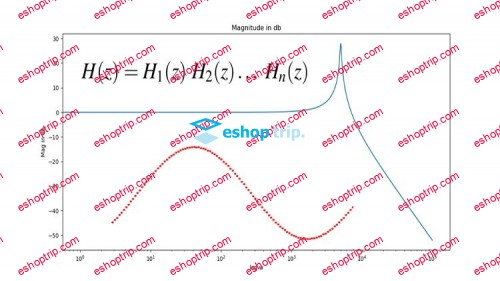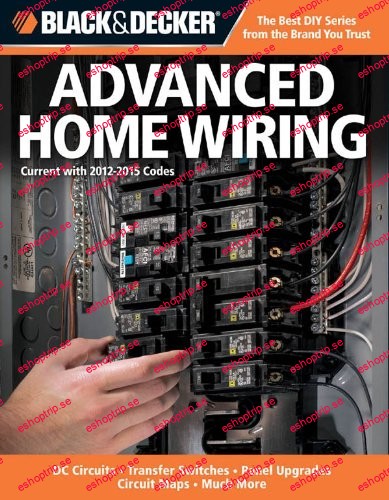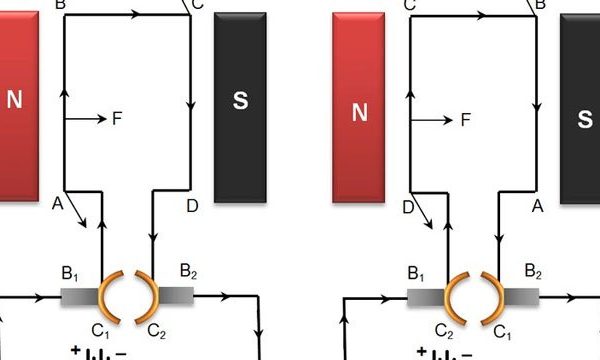MP4 | Video: h264, 1280×720 | Audio: AAC, 44.1 KHz, 2 Ch
Genre: eLearning | Language: English + .srt | Duration: 93 lectures (14h 55m) | Size: 4.39 GB
Filter design using Python with examples related to power electronics What you’ll learn:
Signal processing with analog filters
Anaysis of analog filters
The concept of discrete time systems in comparison to continuous time systems
Analog to digital conversion theory
Laplace transforms and it’s applicaton in analog filters
Laplace transforms in the digital domain
Continuous to discrete time conversion in the frequency domain
Installing and setting up Python, Numpy and Matplotlib
Generating and plotting signals
Sampling signals and simulating discrete time systems
Simulating the capacitor as a digital filter
Simulating the inductor as a digital filter
Simulating non-ideal capacitors and inductors as digital filters
Simulating an LC filter digitally
Using the signal package in Scipy
Synthesizing transfer functions in Python with signal
Generating Bode plots
Using frequency response characteristics to design filters
Designing and implementing a low pass and a notch filter
Requirements
Basic electrical engineering, basic mathematics, basic programming
Description
This course introduces signal processing to a power engineer with the objective of fulfilling one of the most pressing needs faced in power engineering – filter design. The course begins with a basic introduction to the concept of signal processing, discrete time systems and basic hardware applications. The course dives into the mathematics behind signal processing in order to translate many of the obscure concepts into plain English with the final objective of implementation in hardware. The course will then have code-along sessions where students will learn how filters are designed, analyzed and implemented using Python, Numpy, Scipy and Matplotlib. The course has a section on how to install and setup software on different operating systems and used only free and open source software, making the course and the materials accessible to students irrespective of their background.
Who this course is for
Electrical engineering students and professionals











Reviews
There are no reviews yet.